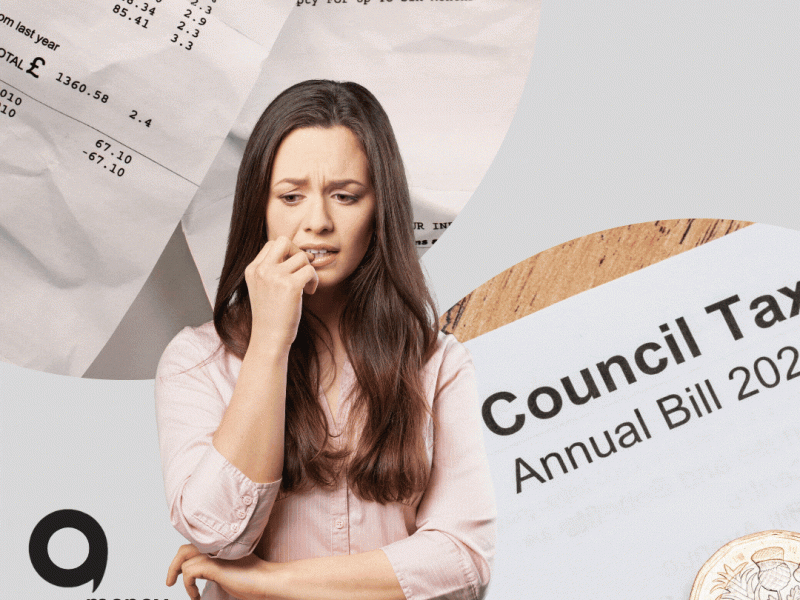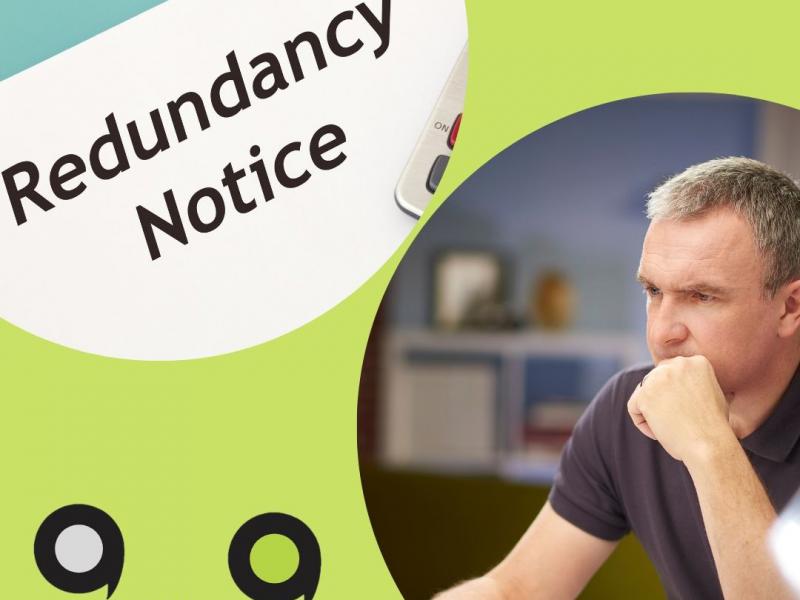
When it comes to sorting out our finances, sometimes it is scary thinking where to begin.
Credit cards and personal loans, as you quite rightly stated, are unsecured debts, meaning that they are not usually tied to property or other assets.
They are often referred to as ‘non-priority’ debts, however, still require our attention, as the creditors to whom we owe the payments can take legal action against us.
This can include court proceedings to get the money that they are owed, which can be more costly for us in the long run with additional charges being added on.
Court Proceedings
A ‘charge to pay’ or ‘charge for payment’ is an official statement from the court to advise they have agreed to a court order for a creditor to pursue a debtor for a specific debt.
A ‘Decree’ is the Scottish equivalent of a ‘County Court Judgement’, or ‘CCJ’ and is a judgement issued by the court in relation to a claim made by a creditor to a debtor.
The details of Decrees are supplied by the Sheriff Courts to the Registry Trust who maintain the records containing all small claims and summary cause money decrees granted in the Sheriff Court in the past six years.
Once a decree or decision has been made as part of the process, the creditor has the power to arrange for deductions from salary / wages; arrest funds from bank or building society accounts; and place an order on property to stop it being sold, often referred to as an ‘inhibition’ or ‘final decree’.
They can also arrange for an attachment of possessions that can be then auctioned later to pay towards the debt.
The Registry Trust notifies all credit reference agencies of all decrees, recalls and dismissals regularly to update the credit records. If granted, these remain on credit files for a period of six years, only showing on the file as ‘Satisfied’ when paid in full.
Missed payments, decrees, and defaults can have an impact on our ability to obtain affordable credit in the future and can mean having to pay higher interest rates on financial products.
Getting Back on Track
It is important that we get our money issues sorted as soon as we can and avoid legal action proceeding any further. The good news is that we still have options, and ways of communicating with our creditors, both formally and informally.
No two situations are the same, and sometimes having an open and honest conversation about our finances with someone can be a great place to start.
Advice Direct Scotland run moneyadvice.scot, Scotland’s national debt advice service, providing free information and support on a wide range of debt-related issues and are authorised and regulated by the Financial Conduct Authority.
Our specialist debt advisers can work with you to assess your current situation, look at your income and outgoings, and consider what to do next. This can include bespoke templates to deal with creditors, or more formal debt solutions – depending on your individual circumstances.
You can contact the team on 0808 196 2316, Monday to Friday, 9am to 5pm, or visit www.moneyadvice.scot for more information.



